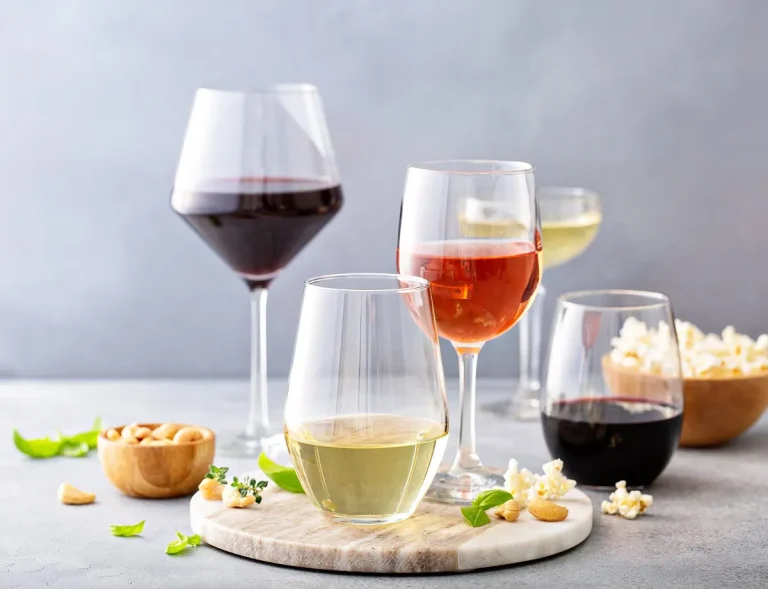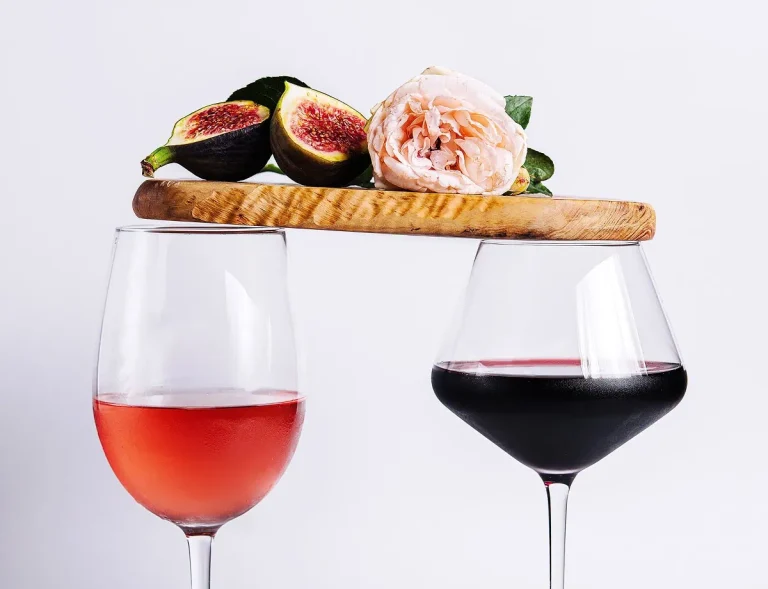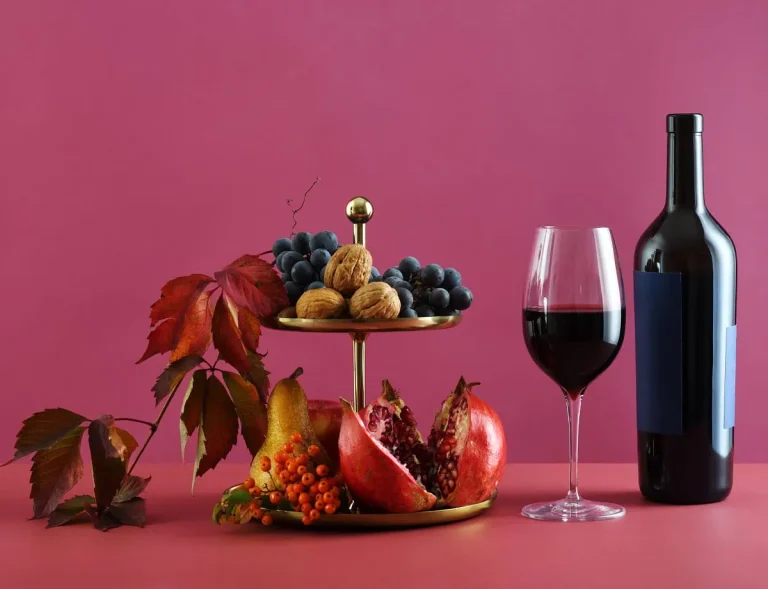🎁 Buy 6 Bottles, Get 6 FREE
Dry Wine Pairings
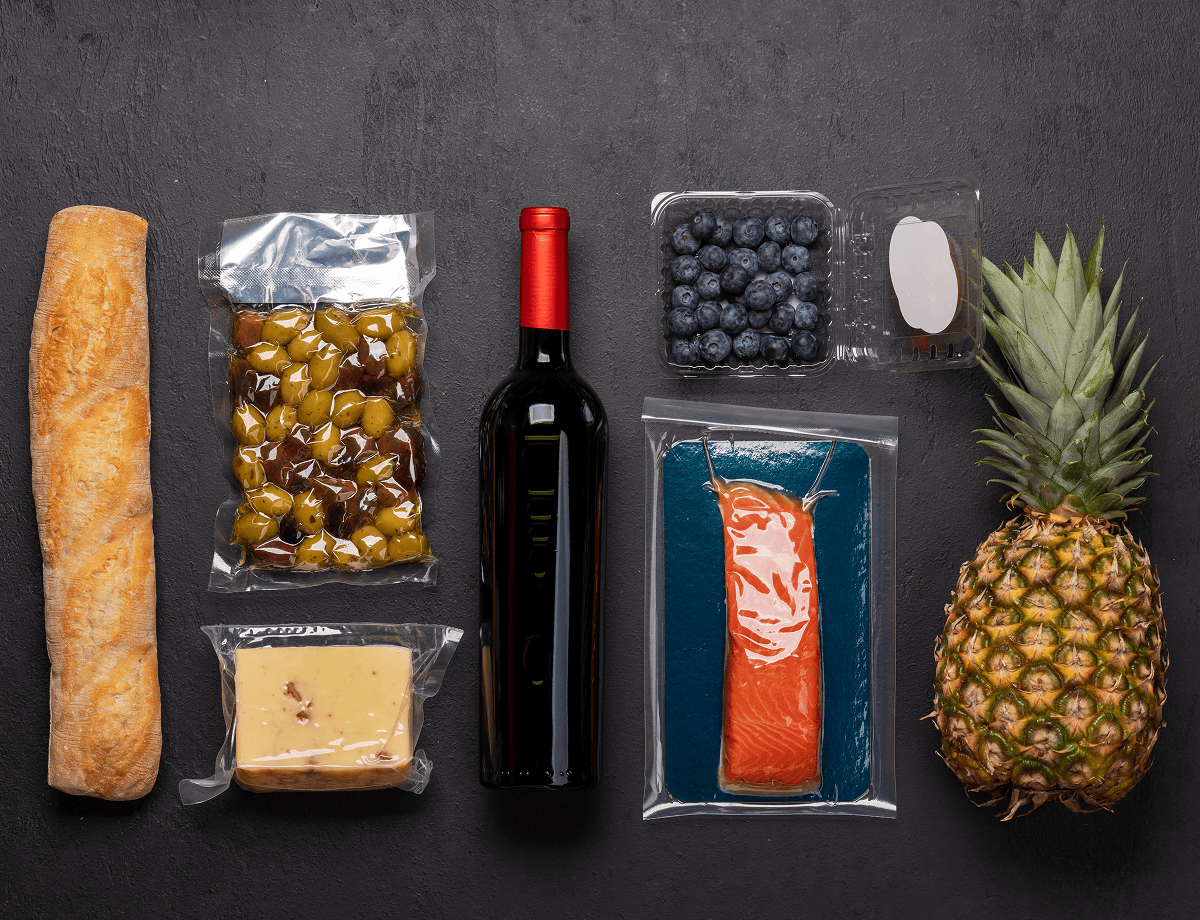
Dry wines pair well with foods that mirror their crispness and acidity, such as oysters, delicate seafood, and tangy goat cheese. Fuller-bodied dry reds like Cabernet Sauvignon, on the other hand, complement heartier fare such as steak, roasted lamb, and bold cheeses like aged Gouda or blue cheese. The guiding principle is to balance the wine’s intensity and flavour profile with the dish, so that neither overpowers the other.
Dry wine is often misunderstood — especially by those who think “dry” means boring. In truth, dry wines are some of the most exciting to pair with food. Why? Because they don’t hide behind sugar. Instead, they bring acidity, texture, structure, and savoury depth that play beautifully with everything from grilled lamb to tangy goat cheese.
This guide explores the world of dry wine pairings, helping you match the right wine to the right dish — whether you’re hosting a full-course dinner party or just opening a bottle on a Wednesday night.
How Dry Wines Pair with Food
Acidity: The Wine World’s Secret Weapon
Acid is what makes dry wine sing with food. It cuts through fat, brightens flavours, and refreshes the palate like a squeeze of lemon over roast chicken. High-acid dry wines — like Sauvignon Blanc or Riesling — are your go-to with rich, creamy, or oily dishes.
Rule of thumb: If you’d squeeze citrus on the food, try it with a zippy dry white.
Tannins: Texture That Craves Protein
In dry reds, tannins create that mouth-drying grip — and they love fat. That’s why tannic wines like Cabernet Sauvignon go so well with marbled steak or aged cheddar: the proteins tame the tannins, and vice versa.
Light reds (like Pinot Noir) = delicate food.
Big reds (like Syrah) = bring on the spice rub.
Complement or Contrast?
- Complement: Match earth with earth. Mushroom risotto + Pinot Noir = harmony.
- Contrast: Opposites attract. Creamy cheese + Champagne = magic.
Browse our full dry wine collection to find the perfect bottle for your next pairing experiment.
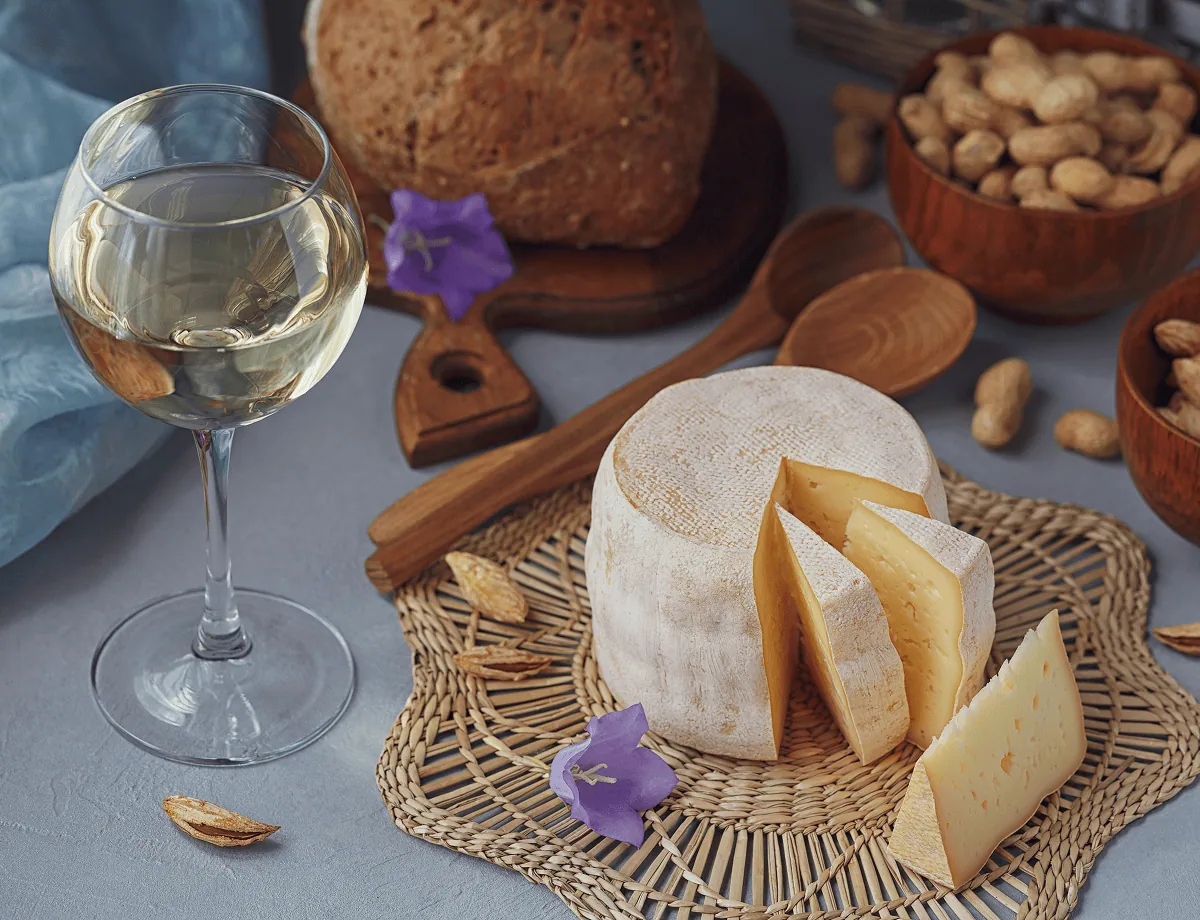
Best Dry Wine Pairings by Type
Dry White Wines
Dry whites are kitchen chameleons — crisp, fresh, and adaptable.
- Sauvignon Blanc → shellfish, goat cheese, Thai salad
- Chardonnay (unoaked) → roast chicken, creamy pasta, pork tenderloin
- Pinot Grigio → grilled veg, light pasta, summer antipasti
- Dry Riesling → spicy Indian/Thai dishes, duck, apple tarts
Dry Red Wines
Dry reds bring structure, warmth, and complexity.
- Pinot Noir → duck, mushroom risotto, grilled salmon
- Cabernet Sauvignon → steak, ribs, hard cheese
- Merlot → beef stew, lamb roast, tomato-rich pasta
- Syrah/Shiraz → barbecue, pepper-crusted meats, spiced lamb
Dry Rosé Wines
Dry rosé = the Swiss army knife of wine.
- Provence-style rosé → grilled fish, Niçoise salad, ratatouille
- Sangiovese rosé → pizza, charcuterie, tomato-based pastas
Cheese + Dry Wine = Pure Alchemy
- Soft cheeses (Brie, goat cheese) → crisp whites like Sauvignon Blanc or Champagne
- Hard cheeses (Parmesan, aged cheddar) → structured reds like Chianti or Rhône blends
- Blue cheeses → bold reds (Cabernet) or high-acid whites (dry Riesling) for a savoury-salty clash that works
Dry Wine and Meat Pairings
- Grilled meats → Cabernet, Syrah, Malbec
- Roasted meats → Merlot, Chardonnay
- Braised meats → Sangiovese, Tempranillo
- Game or duck → Pinot Noir, Rioja
Want to geek out? Match the intensity of the dish to the body of the wine.
Dessert Ideas for Dry Wine
Yes, you can pair dry wine with dessert — if you play with contrast, not sweetness.
- Dark chocolate → bold reds (Cabernet, Syrah)
- Fruit tarts → dry Riesling or Pinot Noir
- Nut-based desserts → aged Chardonnay or Fino sherry
Just make sure the dessert isn’t sweeter than the wine — or the wine will taste flat.
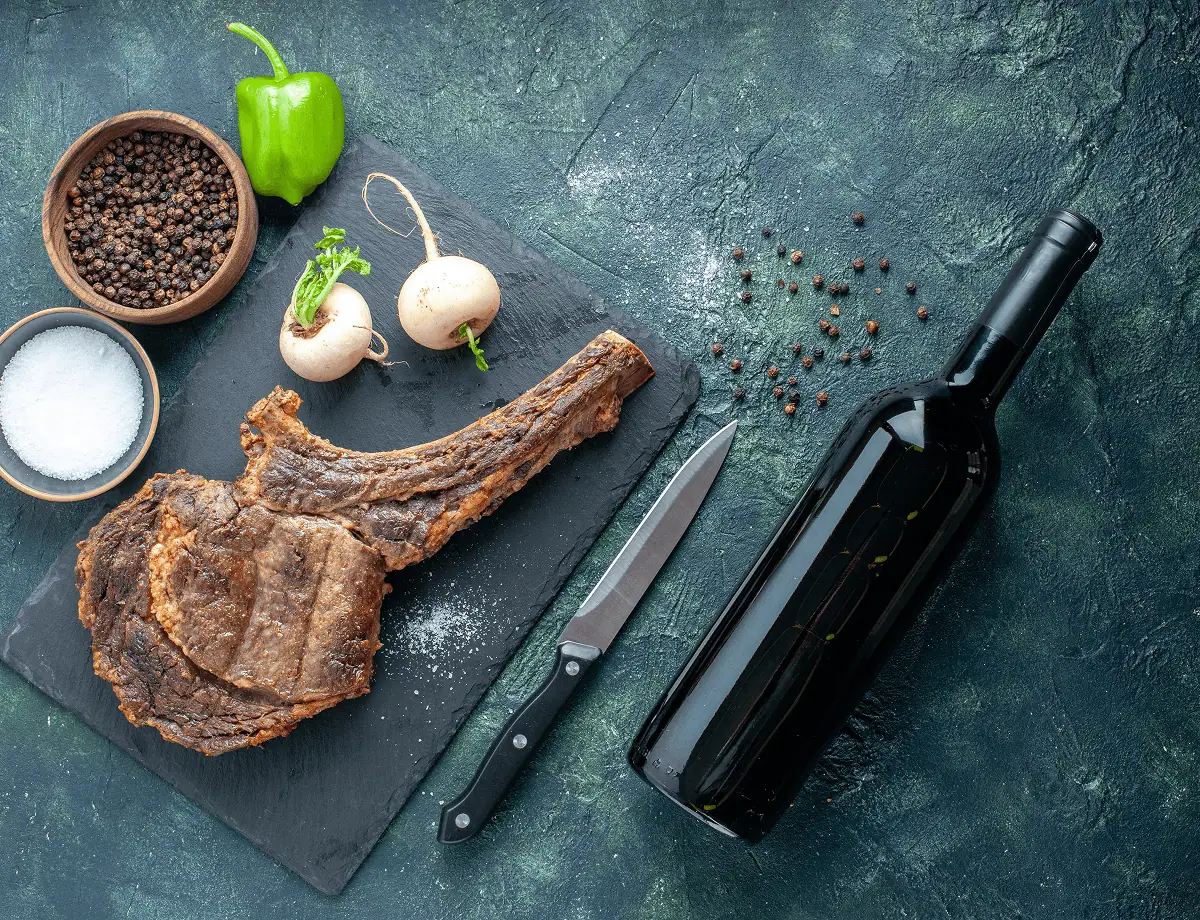
Dry Wine Pairings: Easy Matches to Try
Dry wine pairing is about balance, tension, and creativity. Don’t overthink it — trust your palate, start with contrasts and complements, and adjust as you go. Keep a journal, try side-by-side tastings, and pair with intention.
And remember: the best pairing is the one that makes both the wine and the food taste better. When they lift each other, you’ve nailed it.
